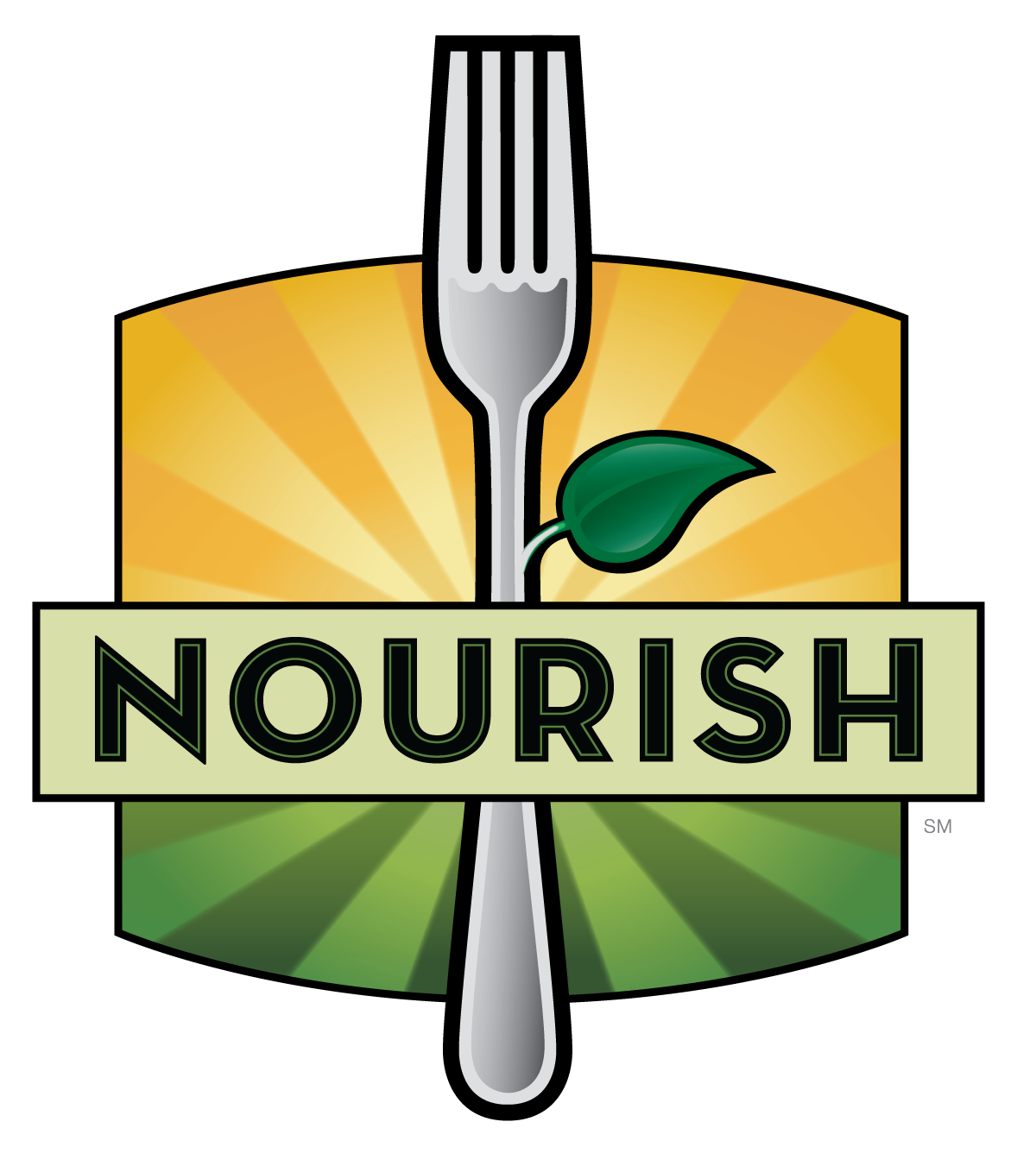In an age where the quest for wellness is more than a trend but a lifestyle, understanding the nuances of nutrition has never been more crucial. With a smorgasbord of diets gracing magazine covers and crowding social media timelines, it’s easy to lose sight of what truly matters in our dietary choices: holistic, nourishing food that fuels both body and mind. As we sift through the latest nutritional science, one thing becomes crystal clear – there’s no one-size-fits-all solution; rather, it’s the mindful balance of variety, moderation, and vital nutrients that paves the way to lasting health.
Embarking on a journey through the complex world of nutrition, let’s unfold the secrets of balanced meal planning, highlight the unsung benefits of diverse nutrients, and dispel some of the most persistent dietary myths. Let this be a guide to elevate your understanding and transform your approach to food, one plate at a time.
Art and Science of Balanced Meal Planning
The cornerstone of a nutritious diet lies in the artful assembly of meals that satisfy both taste buds and bodily requirements. The key players in this culinary orchestra include macronutrients – proteins, carbohydrates, and fats – along with a kaleidoscope of vitamins and minerals, the microminerals that round out a symphonic nutrient profile.
Proteins, often hailed as the building blocks of life, are essential for muscle repair and growth. They’re not just found in meats and fish but are abundantly available in legumes, nuts, and seeds. Carbohydrates get a bad rap in some circles, yet they’re the primary source of energy for our brains and muscles – the trick is opting for complex carbs like whole grains, fruits, and vegetables over refined sugars and flours. As for fats, the focus should be on unsaturated fats from sources like avocados, olive oil, and fish, which support heart health and can actually aid weight management.
The ensemble is not complete without micronutrients, your vitamins and minerals, which although required in smaller quantities, are integral to wellness. They come from a rainbow of fruits and vegetables, providing antioxidants, aiding in cellular repair, and bolstering the immune system.
The Nutrient Benefit Gateway
Within the realm of nutrients are unsung heroes like magnesium, known for its role in easing muscle aches and improving sleep, and omega-3 fatty acids, champions of cognitive health and inflammation reduction. A diverse diet is the ticket to achieving a rich spectrum of these benefits, but beware the alluring trap of “superfoods” that promise miracles; a single ingredient is not a panacea, but it can contribute to a harmony of healthful choices.
Debunking Dietary Myths
Let’s set the record straight on some dietary dogmas: Gluten is not an adversary unless you’re among the small percent with celiac disease or a sensitivity. Organic foods come with fewer pesticides, but nutritionally, they’re on par with their conventionally grown counterparts. And intermittent fasting? It might be a game-changer for some, but it’s not a silver bullet for weight loss or longevity.
As the narratives around food and nutrition continue to evolve, so should our eating habits. The mastery of nourishment is less about jumping on the latest dietary bandwagon and more about tuning in to what your own body needs, seasoned with a dose of scientific know-how.
In the end, the journey to healthful indulgence is an individual one. What’s universal, however, is the profound impact of purposeful eating: on our physical strength, our mental clarity, and the vibrancy of our lives. By integrating the pillars of a diversified diet and debunking the mythology of magic bullets in nutrition, we can all cultivate a relationship with food that’s as joyful as it is health-supporting. So, herein lies our invitation to embark on the profound journey of mindful eating, where every bite is an act of nourishment for the body and a celebration for the soul.
